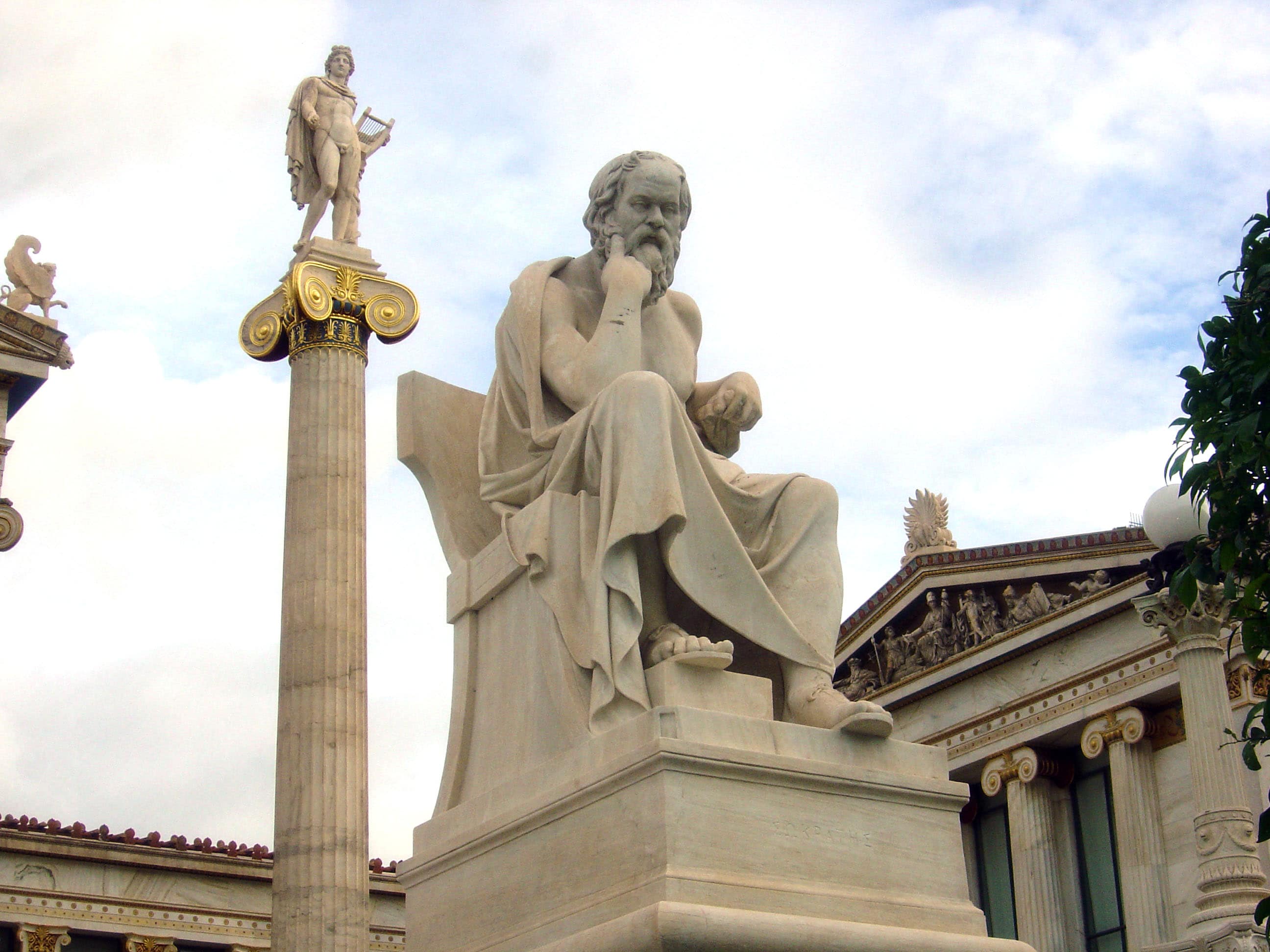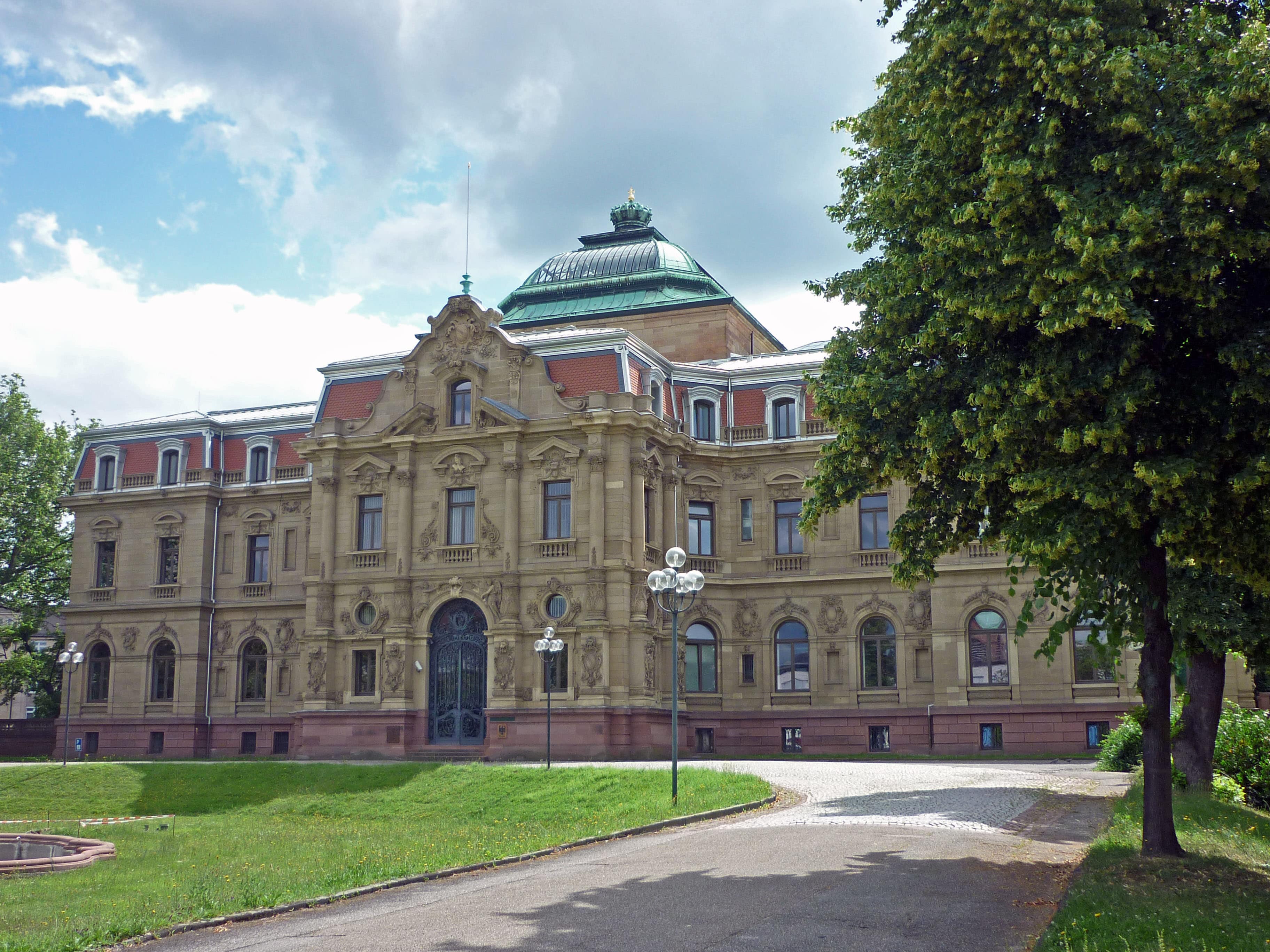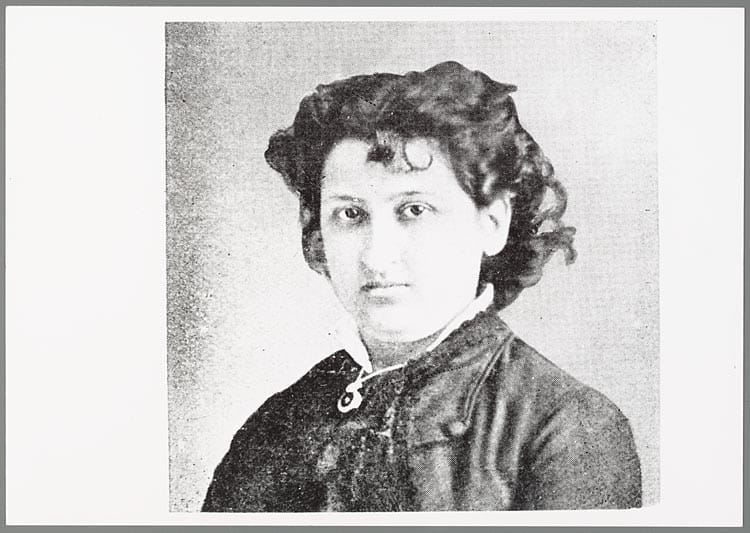Academics and the media raise the issue whether students are using stimulant drugs to perform better. Is an increasing emphasis on top performance the reason for this debate?
Ours is an age of stress. But what about former times: Were the citizens of Athens stressed, too? This question is explored in a hypothetical interview with Socrates.
Students are taught not to use the personal pronoun “I” in their theses. That’s wrong: science needs more “I”, not less.
What is the purpose of higher education? How should universities balance academic forming against economic needs? Read here what famous reformers and psychologists thought on the issue.
Why be afraid of fear? What are mental disorders? And how can patients be empowered to become their own doctors? Such questions were discussed in the Studium Generale series on “Everyday Madness”.
Mental health problems have become a topic of public debate. Last month, a Studium Generale lecture series addressed the situation in the Netherlands and beyond.
Imagine you are having lunch with legal experts. You don’t understand a word of what they are talking about. Are you afraid to make a fool of yourself? Or do you dare to ask a stupid question and see what happens? Be surprised!
A historical controversy in forensic psychiatry regarding brain-based immorality and the insanity defense are discussed against the backdrop of a book review of The Trial of the Assassin Guiteau by Charles E. Rosenberg.
Aletta H. Jacobs was the first woman to graduate and become a medical doctor in the Netherlands. Her example changed both university and society. In the year of the 400th anniversary of the RUG, it even inspired a stunning musical.





